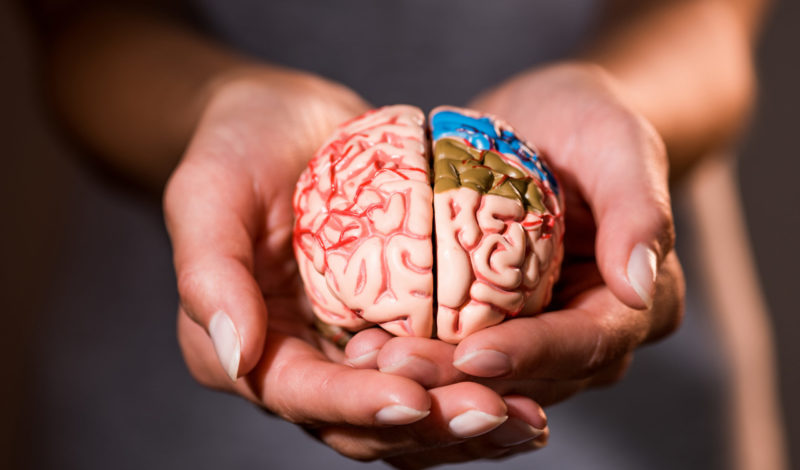The intestine can digest much more than "just" food: A network of around 100 million nerve cells runs through the entire gastrointestinal tract and [...]

Love goes through the stomach. But can feelings also come from the intestine?
On Valentine’s Day, we celebrate love. What a beautiful feeling to be in love! Then we have butterflies in our stomachs and love goes through our stomachs. Somehow funny as some proverbs suggest that emotions like love and our intestines are connected. On the other hand, fear or stress can also influence our digestion, sometimes it can cause some tummy trouble.
How much is there on these sayings?
Scientists have been asking themselves this question for many years. Most of the research results so far have not been very clear. However, a gastroenterologist from Los Angeles made an exciting discovery in 2013 in connection with probiotics and emotions. In one experiment, two groups of women ate yogurt regularly for four weeks. One half was given a special probiotic yogurt. Afterward, their brains reacted less strongly to negative stimulations than the women who had normal yogurt. The researchers were amazed by the results and could not explain why probiotics had an influence on women’s feelings. In the meantime, we already know a little more about the intestinal-brain axis. For example, certain bacteria produce neurotransmitters, hormones such as serotonin and other substances that have an influence on the brain and the nerves.
Good food makes you happy
Even though science has vaguely explained this phenomenon, one thing is certain: our diet influences our mood. This is what another team of researchers found out with their experiment. Fat cells put us in a good mood. In one experiment, test persons were either given a saline solution or fatty acids through a tube directly into the stomach. Then they heard neutral or sad music and saw images of neutral or sad faces. Those who had the saline solution in their stomach were in a bad mood. The fat cells, on the other hand, brought the tested persons into a good mood, at least for a time. The scientists are still more or less unresolved about the purpose of the intestine determining the mood. But there are attempts of explanations for this that sound logical.
If something goes wrong in the intestine, the brain sounds the alarm
IThere is no separate area for digestion in the brain. It can be said that the intestine works by itself. Nevertheless, the research assumes that it watches over the work in the intestine. If there is an imbalance in the intestinal flora, there is a risk of inflammation in the body. The brain sounds the alarm, and this can affect our good mood. But if there are enough nutrients and everything runs smoothly, then the brain is satisfied.
Reason enough to supply your intestines with the right nutrients, keep the intestinal flora in balance and feel good not only physically but also psychologically. And as beautiful as love is, no one can live from air and love alone. But (good) food holds body and soul together and makes you and your intestines happy. ????



